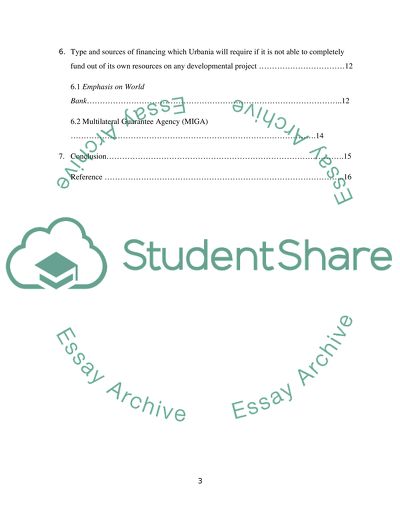Cite this document
(“International Oil and Gas Law Research Paper Example | Topics and Well Written Essays - 4000 words”, n.d.)
Retrieved from https://studentshare.org/law/1403418-international-oil-and-gas-law
Retrieved from https://studentshare.org/law/1403418-international-oil-and-gas-law
(International Oil and Gas Law Research Paper Example | Topics and Well Written Essays - 4000 Words)
https://studentshare.org/law/1403418-international-oil-and-gas-law.
https://studentshare.org/law/1403418-international-oil-and-gas-law.
“International Oil and Gas Law Research Paper Example | Topics and Well Written Essays - 4000 Words”, n.d. https://studentshare.org/law/1403418-international-oil-and-gas-law.


